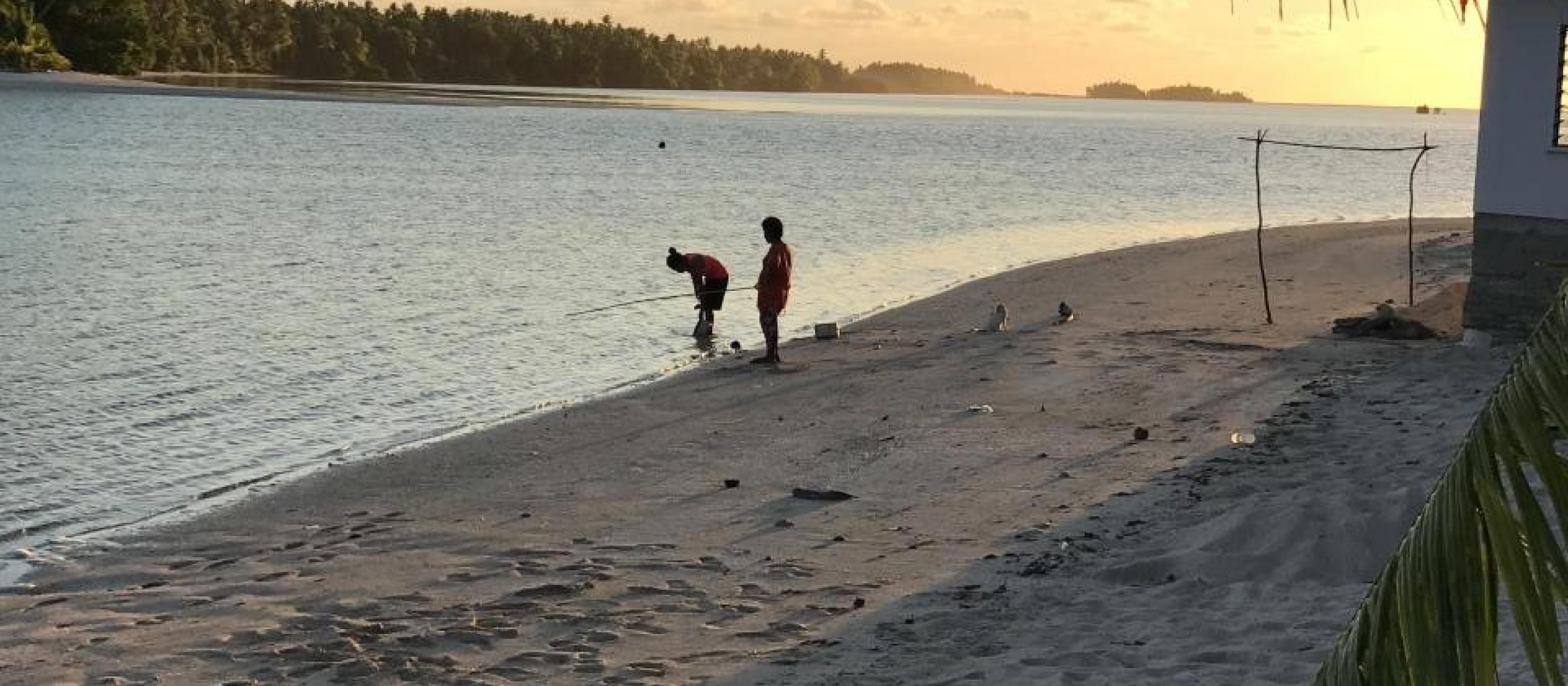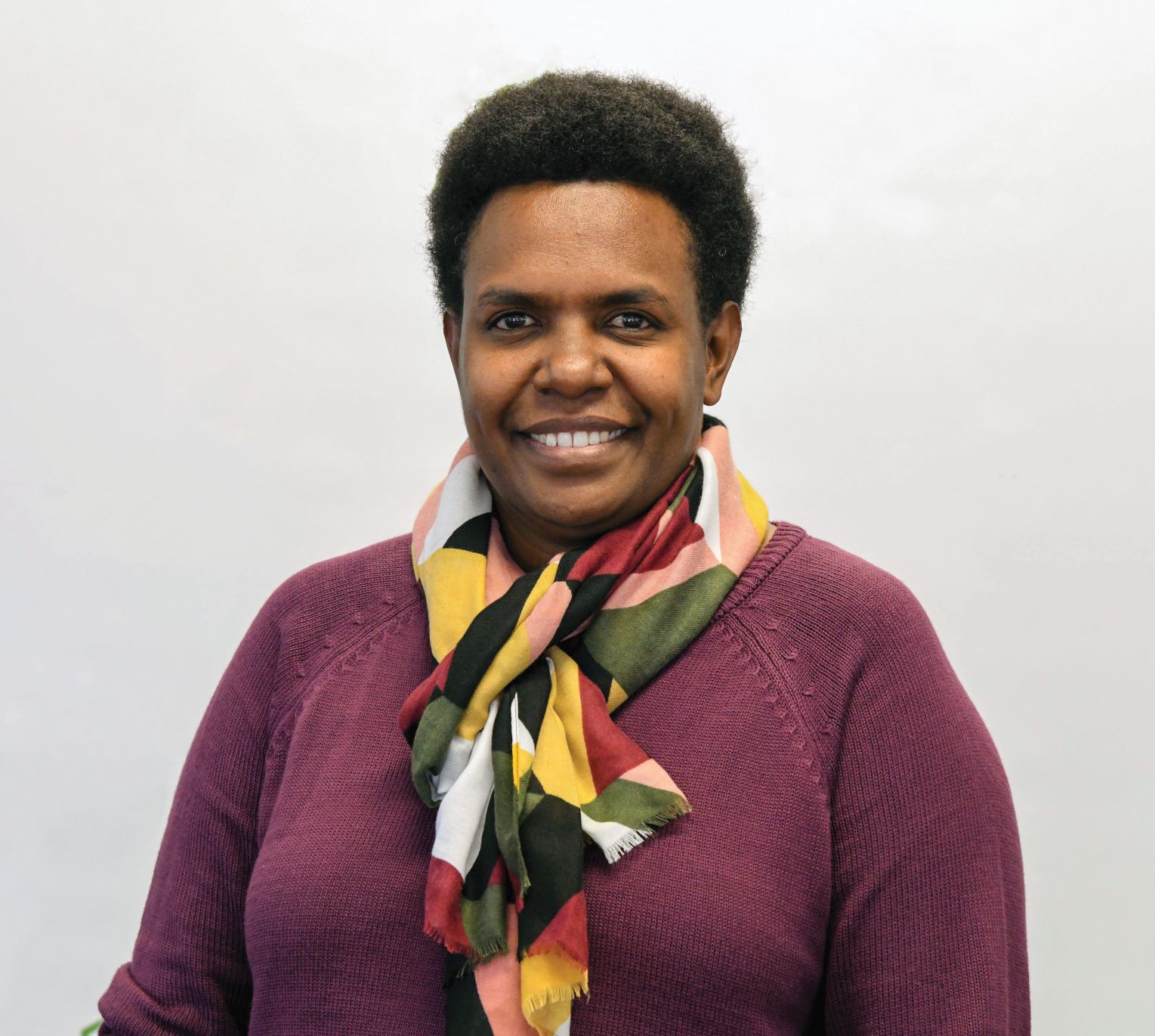Ms Florence Rahiria is operations manager for SPC’s Land Resources Division and has been leading this project. Her final report will be presented at the next Pacific Heads of Agriculture and Forestry meeting in Fiji in March 2023.
ACIAR has supported the ‘Pacific research agenda’ project, which outgoing general manager for country partnerships at ACIAR, Dr Peter Horne said is an investment in leadership in the region.
‘It was a valuable process Pacific countries were undertaking, looking inwardly at their collective research needs and how they can best harness their own resources to meet those needs,’ said Dr Horne.
Ms Rahiria said if consensus could be reached on a regional collaborative approach, Pacific island communities would have greater self-determination in what research was undertaken, rather than being the subject of other organisations’ research agendas. It would also allow the region to better direct collaboration with other organisations to fill gaps in local research resources and capabilities.
The project began with a desktop review of examples of successful and failed collaborative research in the Pacific region and in other countries, to identify what were the incentives and disincentives as well as the enablers for success.
Following this, the project team consulted extensively with ‘key informants’ – senior government staff in the Pacific region, university leaders, development partners and private enterprises, asking for their ‘vision of success’.
Ms Rahiria said a key message from interviews was the need to tap into existing collaborations and networks.
‘Where these can be quite technical in their focus and identify many issues, a regionally endorsed framework could help to elevate and prioritise the researchable issues,’ she explained.
‘It needs to give these Pacific countries and the existing technical networks a voice to raise research issues and opportunities up into the bigger forums so that our leaders can have visibility of what the research is and what the research can do in terms of impacts on development work.
‘Also, we want our regional leaders to be able to raise questions with research or development organisations, such as SPC or ACIAR, about what the science is and, where needed, seek support. It could create more space for that interaction to happen.’
ACIAR PROJECT: ‘Developing a framework for Pacific Regional Research Collaboration’ (GMCP/2021/170)




